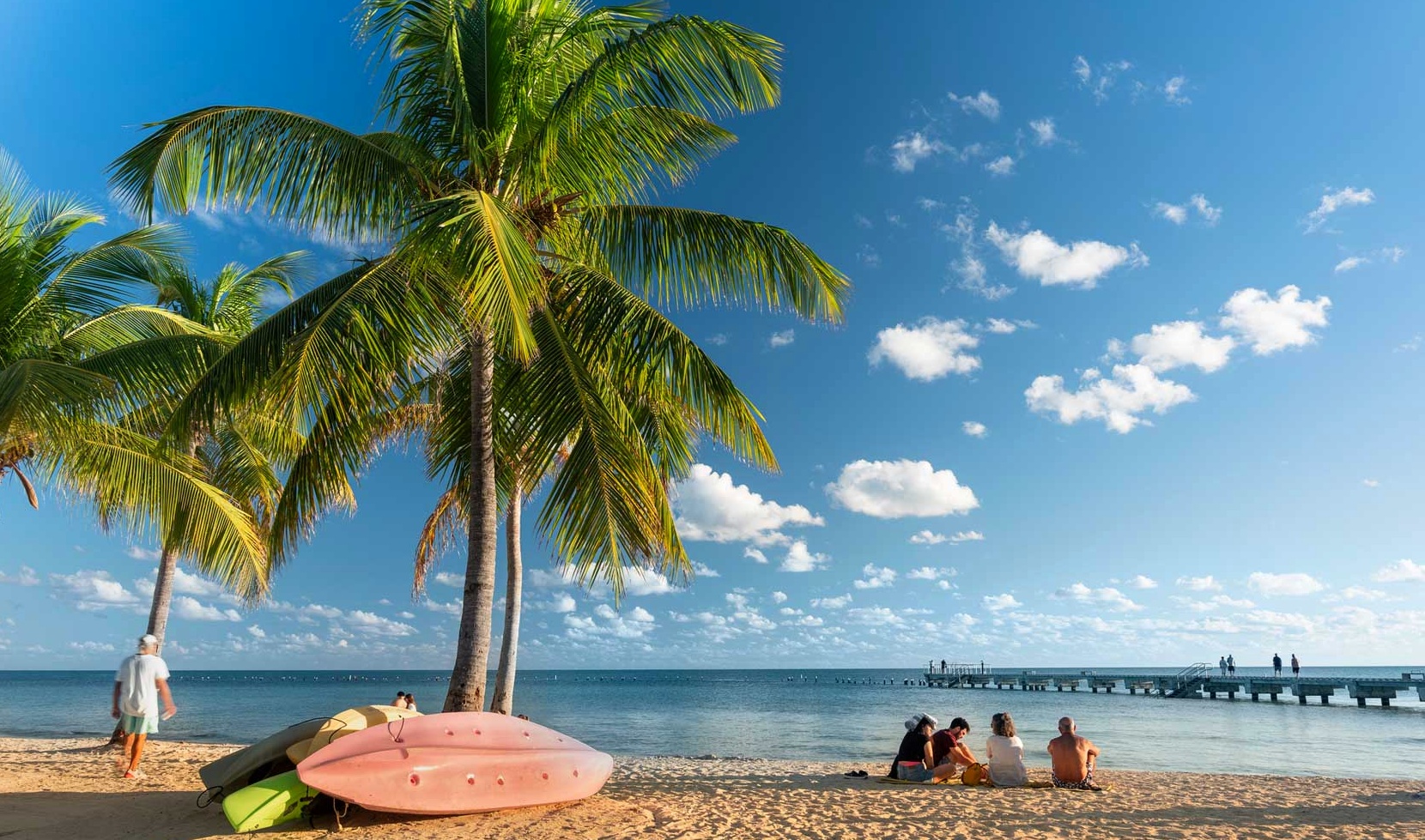Travel allows us to see and experience a great many things… some new and different, some comforting and familiar. But there’s always been a little white lie that’s bugged me when it comes to travel. I’m not sure if it’s a lie that we’re told or a lie we tell ourselves, but if you’ve ever looked at a travel brochure in the past or a travel website in the present, you’ve almost certainly been exposed to travel’s most persistent and insidious falsehood: 3D/2N.
A mainstay of the weekend escape crowd, that ol’ 3D/2N trope is appealing, familiar, and reassuring. But it’s also a lie. If it were truthful, it would say 1D/2N. Think about it: You scamper out of work (a bit early, if you’re lucky!) on Friday afternoon, and if things go to plan, you can maybe get to your destination by 7 or 8pm. There’s your first day, then. How’s that vacation so far?
The next day, Saturday, is truly your only full day on holiday. But just like Sunday nights before an early Monday morning start at work or school, even that day is tainted in the evening, especially if you have the misfortune (or poor planning) of an early departure. In any case, most hotels are going to be quite keen to bid you farewell by noon at the latest, so the four or so hours on Sunday morning accounts for your third day, a good portion of which will be spent having breakfast and packing. Then you travel back home by car, train, or airplane, and by the time your head stops spinning, it’s time for bed and back to work the next morning.
This holds true for nearly any length of travel. If you’re there for five nights, by the same logic, it’s not a six-day trip. It’s four. It’s the age-old lie of travel. The reality, however, is that the number of days isn’t one MORE than the number of nights… it’s one LESS.

The new lie of travel is less a devious marketing ploy, however, and more just fervent wishful thinking. The lie these days is that by 2021, travel will be back to normal. We’ll all get through this miserable global pandemic, we hear (and repeat and hope for), and the joy of leisure travel and the high-flying world of expense-account business travel will all click neatly back into place.
Once again, despite the shift in underlying intentions, it’s still a lie. Travel will definitely not return to normal anytime soon – and in some respects, the changes will likely be permanent.
Personally – and like many others – I’ve always enjoyed taking trips both short and long whenever possible, so the lie comforts me, too. Easy, exotic travel is one of the best parts of living in Malaysia, and I like to think that by this time next year, everything will be back to the way it was this time last year.
Many in the industry, as well as plenty of economists and labour statisticians, however, are far less hopeful. Before Covid-19 decimated the travel industry, it was not only the wealthy who had never travelled so well, but middle-class earners, too. Though some would contend the democratization of travel was stressing many destinations beyond capacity, the truth is, travel had enjoyed several years of unprecedented expansion, not only in high-end luxury offerings (though those were prolific), but in sheer accessibility.
And the jobs expanded to meet the soaring demand. From traditional employers like hotel chains and airlines to new disruptors like app-based accommodations and e-hailing services at your destination made everything about travel easier and more available – and created jobs in the process. According to the World Travel and Tourism Council, about 10% of all workers worldwide, some 330 million in all, owed their jobs to the travel and tourism industry – most directly, some indirectly. In fact, in the five years through 2019, you could thank the travel and tourism sector for one in five of jobs created globally.
Cash-flush businesses were spending freely on travel, China’s emerging middle class was fuelling entire portfolios of travel, and a confluence of well-to-do Baby Boomer retirees and aspirational Millennials meant there were tourists aplenty, virtually everywhere you went. Some popular destinations, in fact, were being “loved to death” as a crush of tourists descended on them in soaring numbers they were ill-equipped to handle.
Now, the only way most of us are travelling for the time being is in wistful dreams, peppered with a few domestic getaways if we’re fortunate. And though many small tourism-centred businesses are feeling the pinch from a dearth of leisure travellers, make no mistake: the most devastating (and certain to be the most longest-lasting) financial pain for the industry as a whole is down to the total collapse of the lucrative business travel market. And as companies by necessity discover that “virtual” meetings can yield similar or identical results to costly in-person meetings, analysts are expecting that at least some of that business will never return.
And just as the features of luxury cars tend to, over time, trickle down to more affordable midrange cars and even economy cars, so too do the outrageous perks afforded to high-end business travel influence the lowly tourist class. So without that vintage Champagne flowing at the pointy end of the plane, getting a pretty respectable red wine poured in seat 48K will soon be nothing more than a memory.

The industry will adapt and evolve, however, just like species in nature do. Not all will survive, but those which find a way to change for the better will become stronger and more resilient to future threats. But the more I read, the more I feel it’s a fool’s errand to believe that the world of travel and tourism will once again be like it was just a year ago. It seems a foregone conclusion at this point that some things will change permanently. Maybe in some ways, it will be for the better, I don’t know. But for now, I’m glad I live in a place like Malaysia, with enough appealing domestic destinations nearby, something that makes all those not-quite-true “3D/2N” getaways trips worth taking.
"ExpatGo welcomes and encourages comments, input, and divergent opinions. However, we kindly request that you use suitable language in your comments, and refrain from any sort of personal attack, hate speech, or disparaging rhetoric. Comments not in line with this are subject to removal from the site. "





















